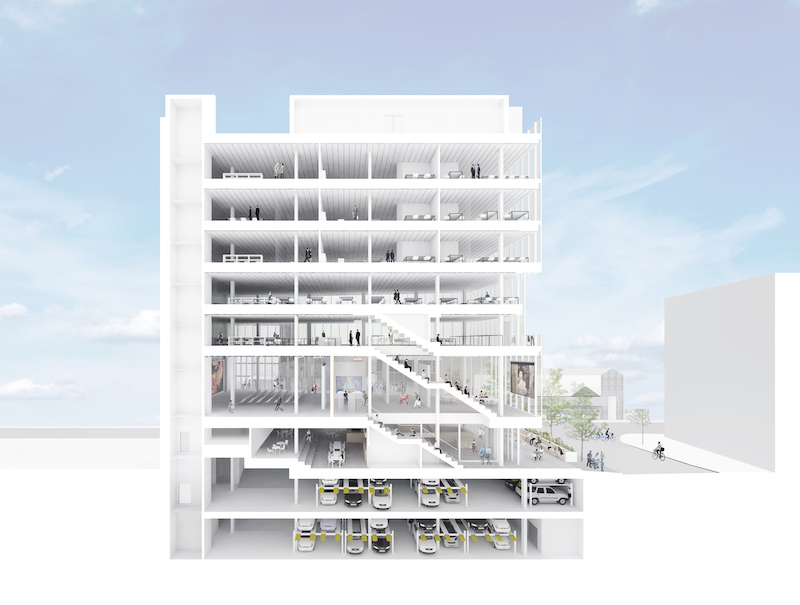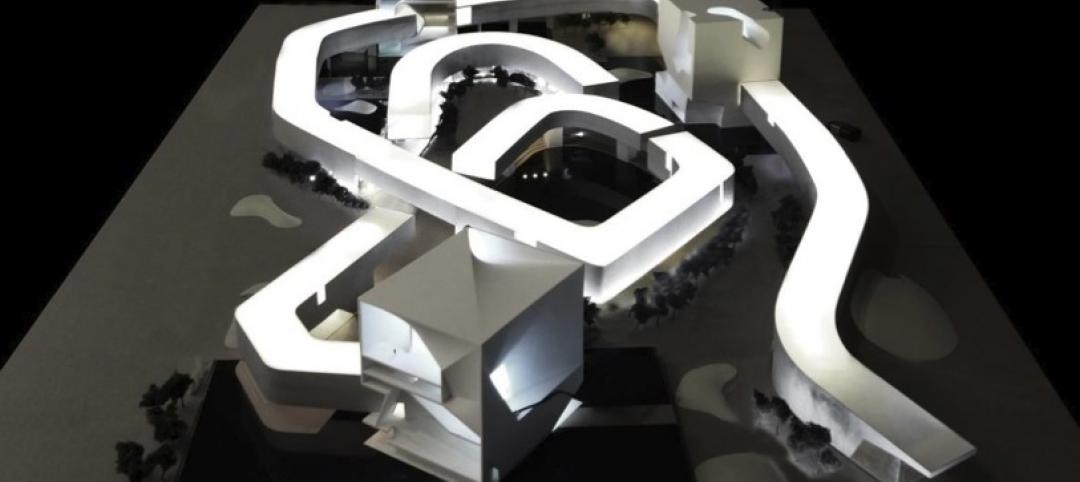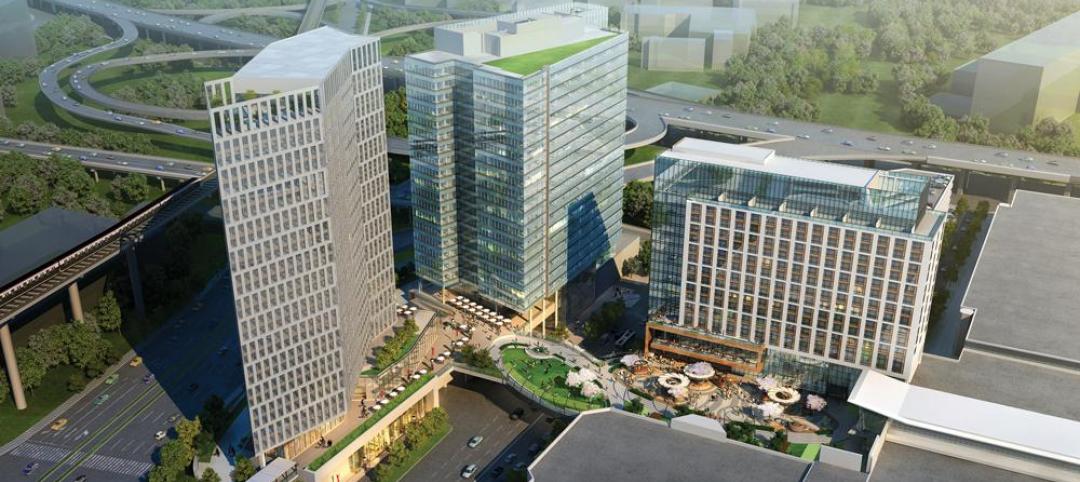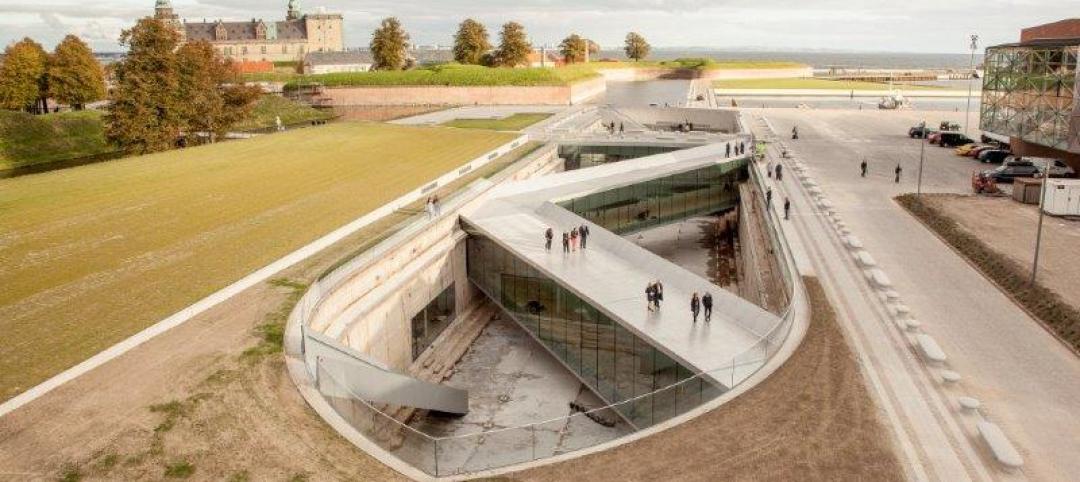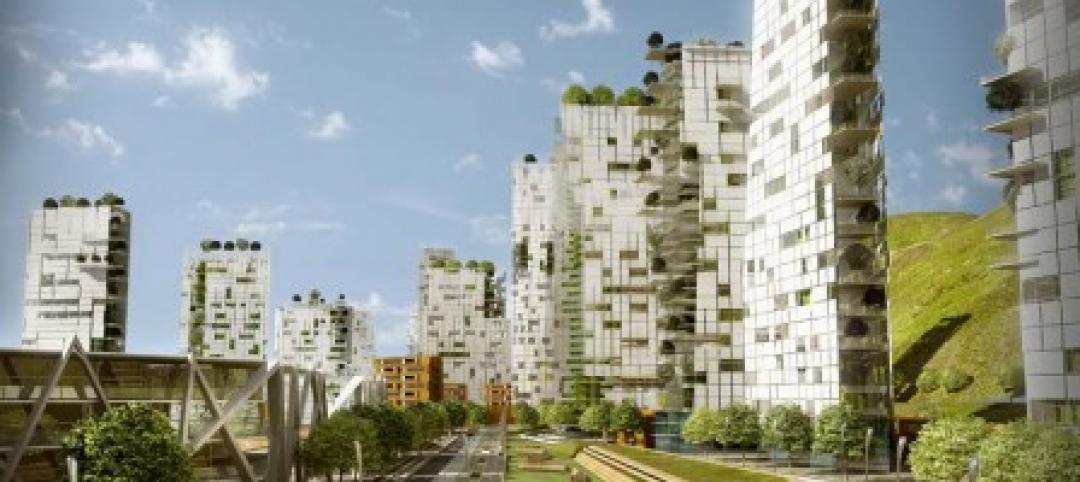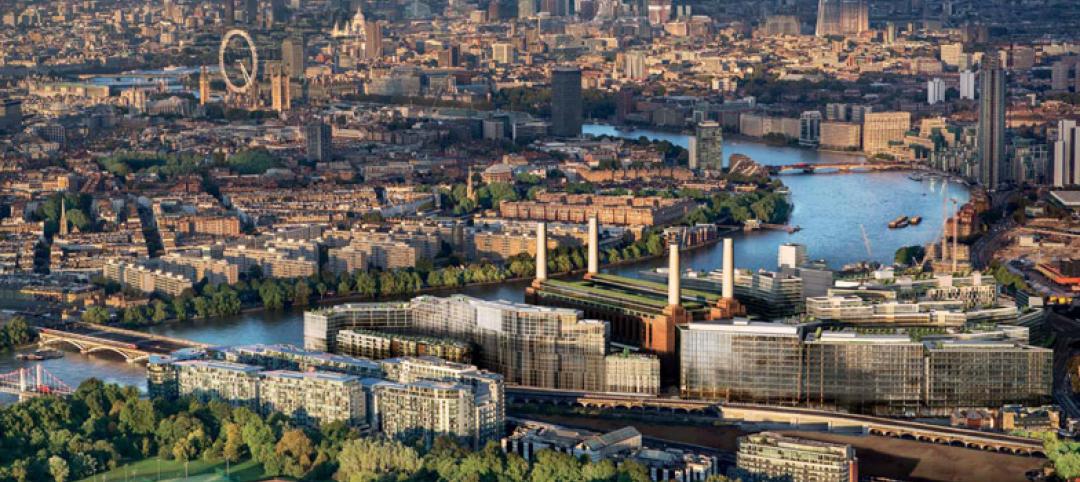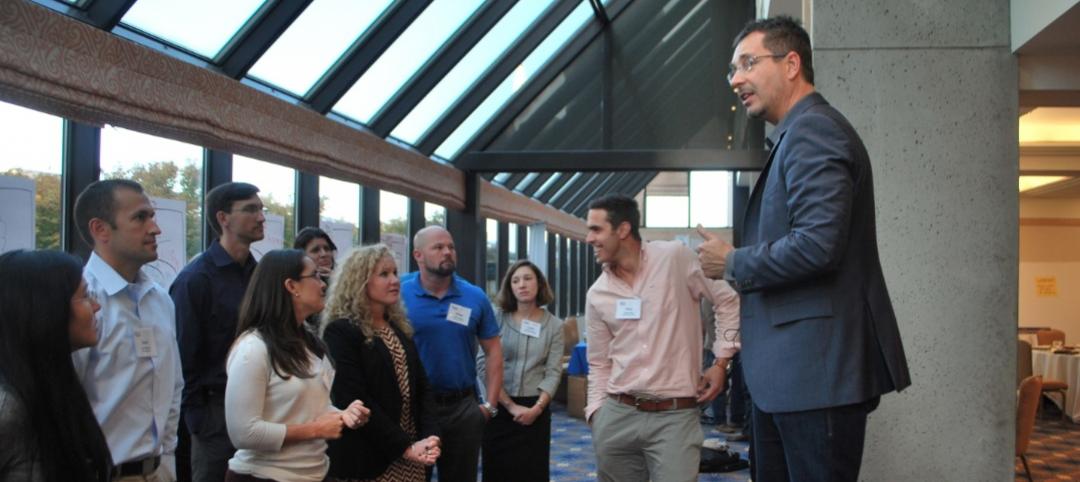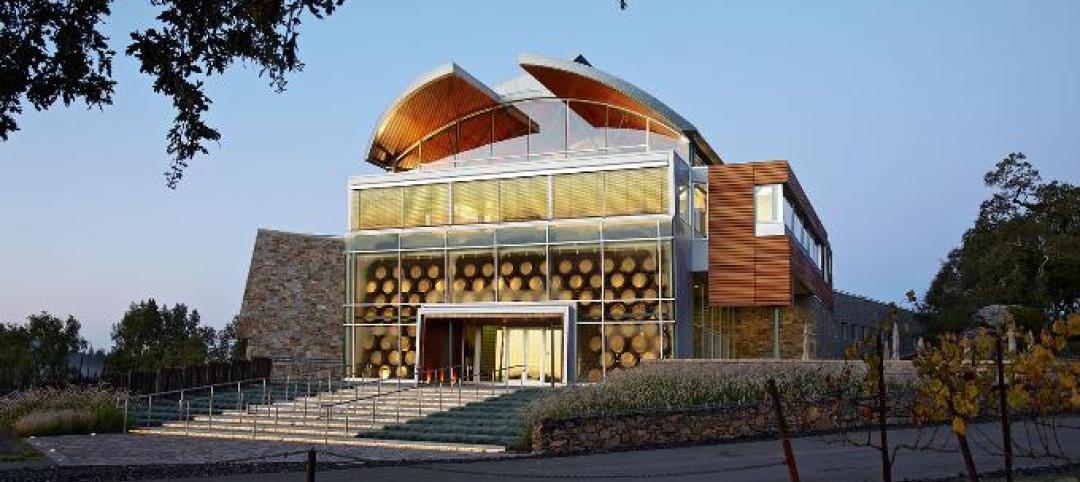Hartford, Conn.-based JCJ Architecture traces its roots to 1936, when the U.S. was just coming out of an economic depression and its unemployment rate was still 14%. In 2021, with the country trying to recover economically from the impact of the coronavirus, and with questions about social inequity entering the public debate as rarely before, JCJ has focused its design work on projects and clients that are committed to social responsibility and advocacy, particularly for underserved or marginalized communities.
The firm that is 100% owned by its 120-plus employees, JCJ has a “long history” of designing buildings for people in need, says Peter Bachmann, a Principal. Over the years, that work has included senior living, public schools, and working with Native American tribes. More recently, a “natural progression” for the firm, says Bachmann, has been to seek design work that benefits immigrants and people with disabilities.
PROJECTS THAT WILL LEND HELP TO MARGINALIZED
Bachmann points to three projects in various stages of development that he says illustrate his firm’s commitment:
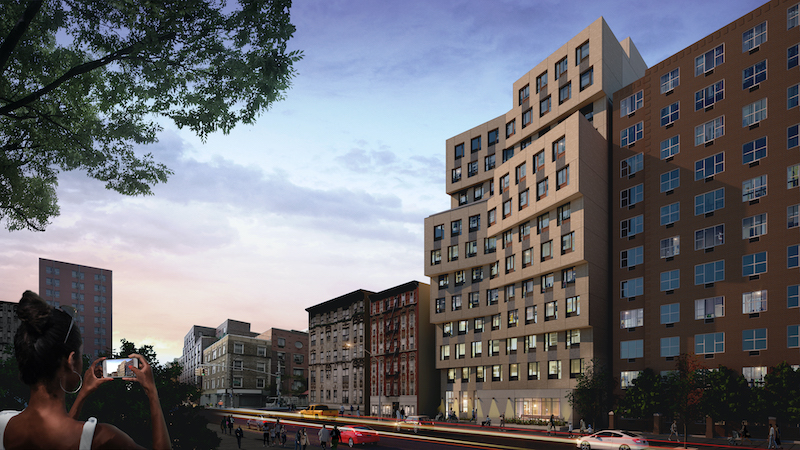 A rendering of the Freedom Village that would provide housing for the physically disabled adults.
A rendering of the Freedom Village that would provide housing for the physically disabled adults.
• JCJ has been working with Barrier Free Living, which provides emergency shelter for victims of domestic violence, to design a “Freedom Village” on the Lower East Side of Manhattan that will provide temporary and supportive housing for adults with significant physical disabilities. The construction documents have been completed for this project, whose construction could get started this summer, Bachmann says.
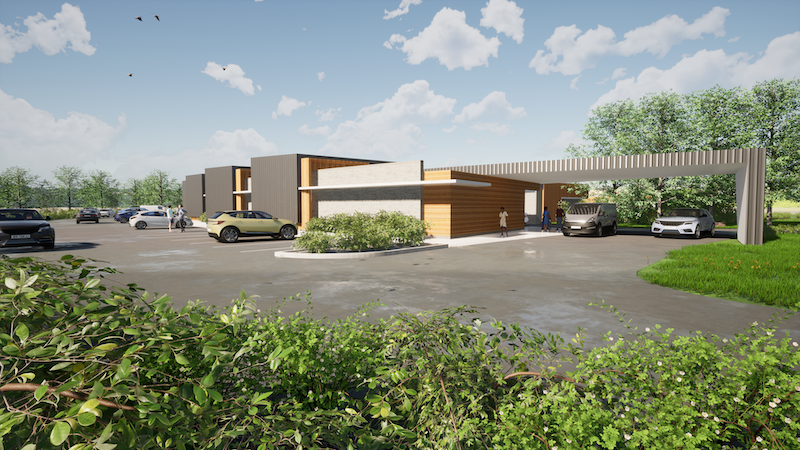 Ohio intends to roll out 10 Adult Advocacy Centers for which JCJ designed the prototype.
Ohio intends to roll out 10 Adult Advocacy Centers for which JCJ designed the prototype.
• The construction documents are also ready for a prototype facility JCJ designed for Adult Advocacy Centers, a disability victim services agency. The resulting building would be the first of its kind to serve adult crime victims with disabilities. The prototype—part of a 10-center rollout in Ohio that’s been on hold because of the COVID 19 outbreak—is composed of five pods, each strategically designed to support different categories of disability: hearing and visual impairments, mental illness, physical mobility, and clients in crisis or with intensive medical needs.
Bachmann spoke of “trauma-informed design” that, in the prototype, accounts for residents’ psychological sensitivity to light, sound, and movement. For example, the single-story building’s windows are above eye level so that residents aren’t startled by people they might see on the street. The design also avoids skylights so that birds flying overhead don’t alarm fragile residents.
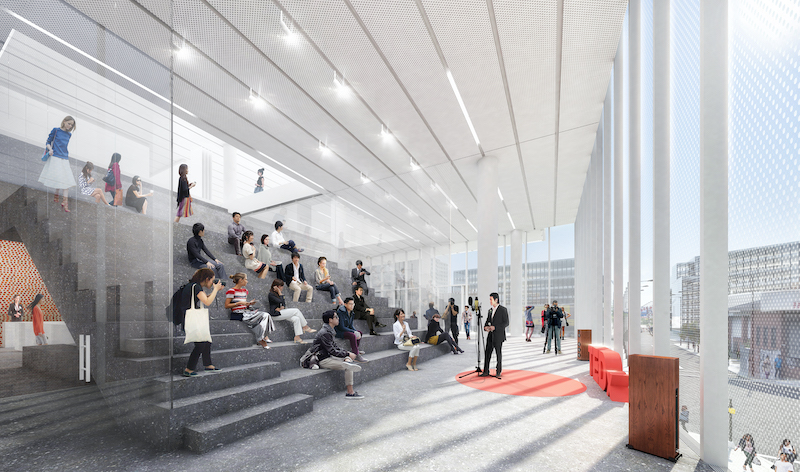 The Center for Community & Entrepreneurship will include a first-floor incubation space.
The Center for Community & Entrepreneurship will include a first-floor incubation space.
• The Asian Americans for Equality has enlisted JCJ to design its Center for Community & Entrepreneurship, a 65,000-sf, four-story building in Flushing, Queens, the New York borough with the city’s largest Asian population. The Center’s first floor will include incubator space for startup businesses and a mini food hall. The upper three floors will provide casual and formal meeting and training rooms. The goal of this building—whose construction docs are completed—is to provide spaces that support individual interaction, community events, retail and office opportunities, and a social services hub.
LOCAL SUPPORT, IN DIFFERENT WAYS
Bachmann says that community involvement has been central to the success of these projects. “We can never presume to know the skin that someone is living in,” he explains. “We don’t just come in and tell clients what to do. We support social change by giving different populations a voice in the design of facilities. We listen and try to ask the right questions.”
JCJ is involved in its communities in other ways, too. It is a supporter of the ACE Mentor program, which educates high school students about AEC careers. Each of the firm’s offices also makes cash donations local charities.
On a personal level, Bachmann says he’s gained “a better understanding” about how design can impact people in need from his 31-year-old daughter Maya, who is intellectually disabled.
Related Stories
| Nov 13, 2013
First look: Renzo Piano's addition to Louis Kahn's Kimbell Art Museum [slideshow]
The $135 million, 101,130-sf colonnaded pavilion by the famed architect opens later this month.
| Oct 30, 2013
15 stellar historic preservation, adaptive reuse, and renovation projects
The winners of the 2013 Reconstruction Awards showcase the best work of distinguished Building Teams, encompassing historic preservation, adaptive reuse, and renovations and additions.
| Oct 30, 2013
Steven Holl selected for Culture and Art Center in Qingdao, besting Zaha Hadid, OMA
Steven Holl Architects has been selected by near unanimous jury decision as the winner of the new Culture and Art Center of Qingdao City competition, besting OMA and Zaha Hadid Architects. The 2 million-sf project for four museums is the heart of the new extension of Qingdao, China, planned for a population of 700,000.
| Oct 30, 2013
11 hot BIM/VDC topics for 2013
If you like to geek out on building information modeling and virtual design and construction, you should enjoy this overview of the top BIM/VDC topics.
| Oct 29, 2013
BIG opens subterranean Danish National Maritime Museum [slideshow]
BIG (Bjarke Ingels Group) has completed the Danish National Maritime Museum in Helsingør. By marrying the crucial historic elements with an innovative concept of galleries and way-finding, BIG’s renovation scheme reflects Denmark's historical and contemporary role as one of the world's leading maritime nations.
| Oct 28, 2013
Urban growth doesn’t have to destroy nature—it can work with it
Our collective desire to live in cities has never been stronger. According to the World Health Organization, 60% of the world’s population will live in a city by 2030. As urban populations swell, what people demand from their cities is evolving.
| Oct 23, 2013
Gehry, Foster join Battersea Power Station redevelopment
Norman Foster and Frank Gehry have been selected to design a retail section within the £8 billion redevelopment of Battersea Power Station in London.
| Oct 18, 2013
Meet the winners of BD+C's $5,000 Vision U40 Competition
Fifteen teams competed last week in the first annual Vision U40 Competition at BD+C's Under 40 Leadership Summit in San Francisco. Here are the five winning teams, including the $3,000 grand prize honorees.
| Oct 18, 2013
Researchers discover tension-fusing properties of metal
When a group of MIT researchers recently discovered that stress can cause metal alloy to fuse rather than break apart, they assumed it must be a mistake. It wasn't. The surprising finding could lead to self-healing materials that repair early damage before it has a chance to spread.
| Oct 7, 2013
10 award-winning metal building projects
The FDNY Fireboat Firehouse in New York and the Cirrus Logic Building in Austin, Texas, are among nine projects named winners of the 2013 Chairman’s Award by the Metal Construction Association for outstanding design and construction.


